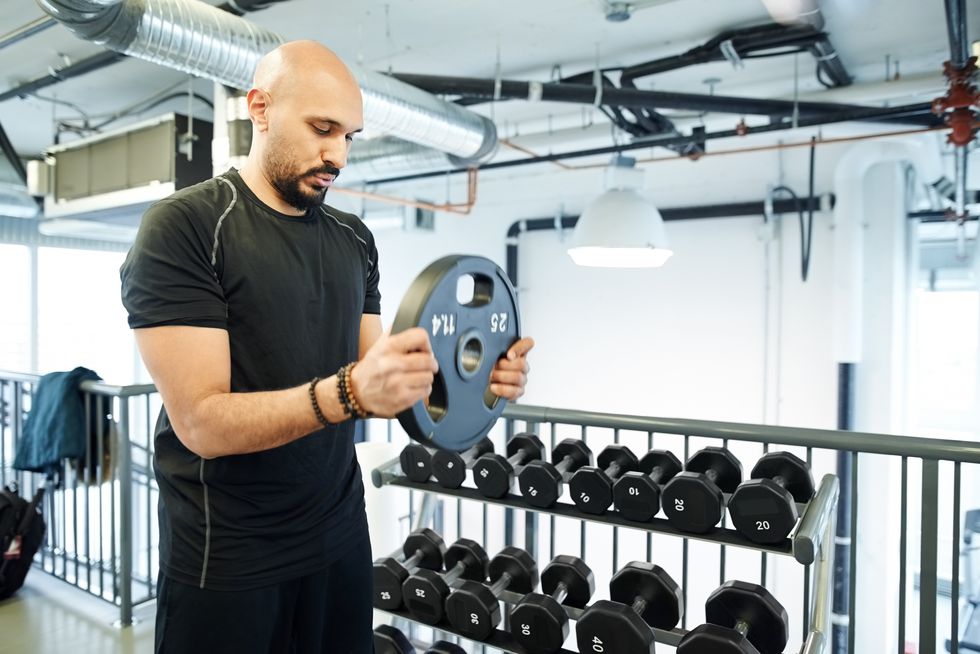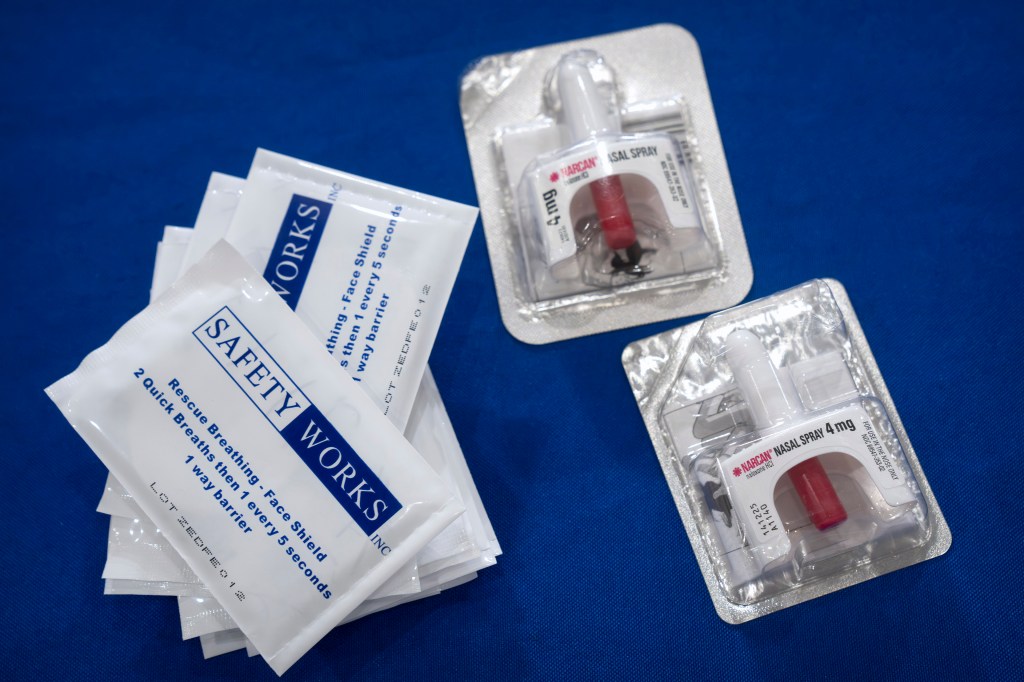Ever get hit with a bout of the hiccups only to feel embarrassed, like they should be a thing adults are over? After all, they don’t serve any purpose at all, other than seemingly to make social situations awkward.
This theory isn’t far off from the truth — hiccups pretty much are just a physiological quirk.
A hiccup is caused by a spasm of the diaphragm muscle, explains Eugene Chio, M.D., assistant professor of otolaryngology at The Ohio State University Wexner Medical Center. That muscle is a large sheet that separates your chest from your abdominal cavities. When it contracts, the muscle presses down, leading to negative pressure (or, below regular atmosphere pressure) in your chest cavity. This allows air to flow into your lungs. When the muscle relaxes, the elastic properties of your lung cause it to squeeze air out through your nose and mouth.
The nerve controlling all this action is called the phrenic nerve, which runs from your brain, down your neck, and alongside your heart and esophagus on its way to your diaphragm. Anything that irritates the nerve can lead to spasms that disrupt the normal contraction-and-relaxation mechanism of the diaphragm muscle, Dr. Chio says. The result? A series of hiccups.
By themselves, hiccups are very normal and everyone gets them occasionally, he adds. But sometimes, continual nerve issues can create a kind of “hiccup loop.” That can lead to persistent hiccups, which last for more than 48 hours, or even intractable hiccups, which last for more than one month. There have been cases reported of people who have hiccups for years.
Why you get hiccups
Now that we’ve covered the body’s mechanism for producing hiccups, you’re probably wondering if there are certain culprits that may make you prone to hiccups. Unsurprisingly, the answer is yes.
Eating too much, or too quickly
We’ve all been there: You’re getting through a busy day and have to scarf down your lunch in minutes to get back to work. Before you know it, you’re sitting back down for a meeting and you’re hit with the hiccups. If you want to avoid getting the hiccups, a few minutes to savor your food and stop when you’re full but not necessarily stuffed beyond comfort.
Nervousness
If you have a meeting, presentation or even a date that has you feeling like a bundle of nerves, it can also certainly bring on the hiccups. Try to stay relaxed and avoid drinking caffeine, as jitteriness will likely only exacerbate nervous feelings.
Nerve irritation
Hiccups may be a sign that something is up when it comes to the phrenic nerve, indicating anything from a sore throat to laryngitis, or even a tumor.
“Constant hiccups may also be related to an irritation or lesion along the nerve itself,” says Dr. Chio. “Tumors in the neck or chest can theoretically be a cause of this nerve irritation and a case of intractable hiccups may need further physician evaluation.”
Chewing gum
Swallowing air through chewing gum or sucking on hard candy is a major culprit. Avoid consuming either of those things if you’re in a setting where coming down with the hiccups would be less than ideal.
Drinking carbonated beverages, like seltzer
It’s a hot summer day and you bust open that can of sparkling water you’ve been craving during your workout…and are immediately hit with the hiccups upon first sip. This isn’t a coincidence and unfortunately there’s not really anything you can do to prevent this. Maybe if you know it’s coming, you can be more patient about riding it out.
Drinking too much alcohol
There are plenty of reasons for avoiding drinking too much booze, which may make hiccups seem like a minor nuisance compared to something like a massive hangover. Still, if the post-drinks hiccups annoy you enough to make you think twice about ordering another, that’s not necessarily a bad thing.
How to get rid of hiccups
Fortunately, there are some home remedies you can always try, since they certainly won’t make anything worse. For example, try taking a very deep breath, then hold it for 10 seconds. Without exhaling, inhale a small amount and hold another five seconds, and then one more short inhale, another five second hold, and exhale. This may help relax the diaphragm muscle enough that it “resets” and stops the hiccups.
For the everyday, normal hiccups, what works best? There are tons of anecdotal cures, from drinking water super fast to having a friend startle you to eating a spoonful of white sugar (Here are 4 more home health hacks that don’t work, either).
“Unfortunately, there aren’t any tried-and-true methods of eliminating hiccups,” Dr. Chio notes. “Usually, they simply resolve in their own time.”
Elizabeth MillardElizabeth Millard is a freelance writer focusing on health, wellness, fitness, and food.
Emilia BentonEmilia Benton is a Houston-based freelance writer and editor.
This content is created and maintained by a third party, and imported onto this page to help users provide their email addresses. You may be able to find more information about this and similar content at piano.io
Note: This article have been indexed to our site. We do not claim legitimacy, ownership or copyright of any of the content above. To see the article at original source Click Here













